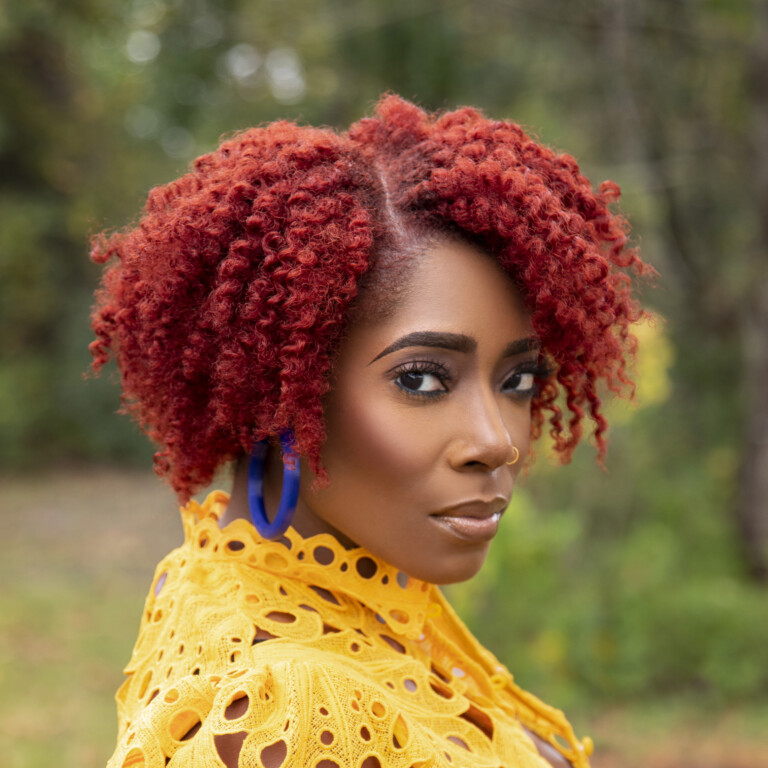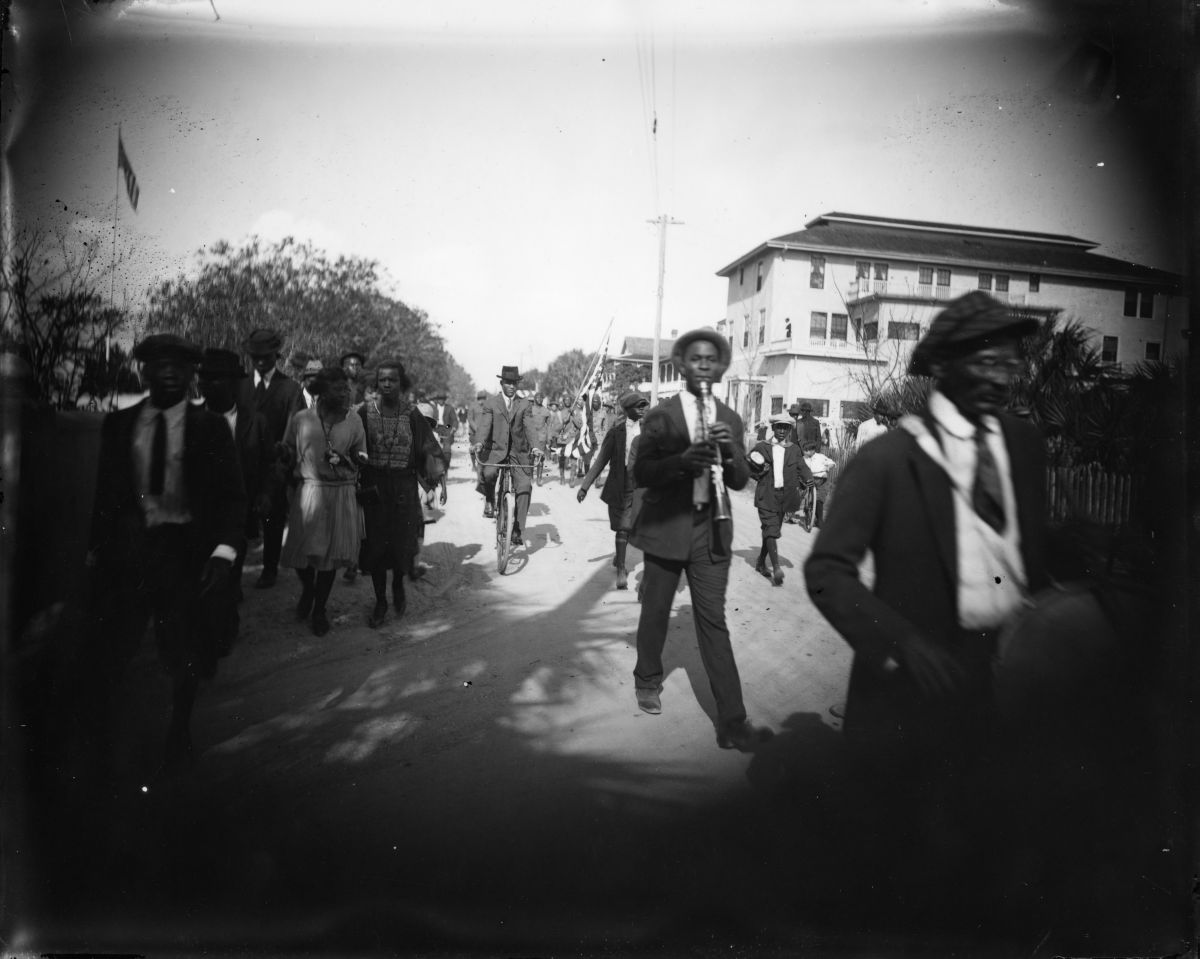
I’ll admit that I was ready to write an eviscerating screed in opposition to Florida’s State Academic Standards for Social Studies for 2023, specifically those regarding the teaching of African American history. The Florida Board of Education unanimously adopted the new standards Wednesday. I’ll even go so far as to agree with education commissioner Manny Diaz Jr., that, yes, everything is still, technically, covered in the 21 pages that govern the state’s African American history curriculum. However, there’s a whole lot of context missing that makes some of these lessons more revisionist history than incontrovertible fact.
In the early grades, there is an emphasis on recognizing and identifying African American artists, inventors, innovators and civil servants and Civil Rights leaders. But being able to identify these key figures without understanding why is like teaching sight words instead of phonics in early reading courses. It’s a preference for the appearance of proficiency rather than an actual understanding of history and culture.
What does it matter that students can identify Rosa Parks or Martin Luther King Jr., if stripped away from their identity is the context of their contributions: the life-and-death circumstances of their heroism and the necessity of their rebellion to be recognized as human and conferred with the same dignity, respect, and rights as all other Americans who don’t have to hyphenate their nationality?
In this country, race, racism, and the continuing battle against white supremacy and authoritarian populism is inextricably linked to the traumas and atrocities of the Black experience as well as the triumphs and joys of our success. Removing such context and then attempting to equalize the atrocities suffered by enslaved Black people in the American South with the global practice of slavery since Ramses II in Ancient Egypt, or compare slavery to indentured servitude in any way (one a choice, the other forced labor) is an abominable attempt to #MeToo a singular experience whose effects can still be seen and felt around the world, especially in the U.S.
In grades 6-8, slavery in the American South is couched in the rhetoric of economic necessity. Citing westward expansion, the demand for land, and a need for labor, the dehumanization, subjugation, and enslavement of people is justified by capitalism. Do not people matter more than profits? Furthermore, teaching that the skills the enslaved developed had personal “benefit” denies the systematic precision with which the slave trade operated. Many of those enslaved, especially before 1808, were kidnapped and imported with skills colonial enslavers knew they had need of. There is a reason why the Gullah Geechee population from North Carolina to North Florida speak a dialect of English close to those in Sierra Leone and other West African nations. Africans were kidnapped and enslaved for their talent and knowledge, and it was of no personal benefit to be forced to use those skills to increase the wealth, popularity, and importance of someone else.
Additionally, by acknowledging the “reciprocal roles” of the triangular trade, Florida is negating the fact that on the African continent, the countries carved by European interests and the denizens who were subject to colonial rule until less than 60 years ago lost much more than they gained. These are losses they have yet to recoup or receive redress from to this day (Yes I’m talking about reparations). Extractive capitalist practices continue in industries from oil to lumber, diamonds to rubber; a legacy of colonialism which may have ended in name though the British commonwealth remains intact and The Crown a constant recipient of its great wealth.
The benchmarks for high school begin with lessons before 1619 and move centuries ahead to present day. What’s curious to me though, is that in the lessons on the first civil rights movement from 1865-1896 there is little emphasis on the context of Reconstruction. It was through legal force that the 6 million Black people turned loose in emancipation began to make inroads within a decade of freedom.
Just as you can’t talk about the first Civil Rights Movement without acknowledging the role of Reconstruction, you also can’t talk about the Civil Rights Movement from 1948-1968 or today’s modern movement for Black lives without interrogating and teaching the role domestic racial terrorism played in these efforts. Whether we’re talking about the lynchings in 1919 and 1920 or the murder of George Floyd, the crush of Jim Crow, the Depression and Dust Bowl, or the Great Recession and the unequal impact of climate change on communities of color, all of these factors provide context to what became tipping points in the “status quo” of race relations in the U.S.
The largest problem I see with the curriculum is that Black history is taught separate and apart from American history. Hailing the founding of HBCUs and the fraternal and sororal organizations that make up the divine nine of the National Pan-Hellenic council without discussing the fact that these schools were founded because Blacks weren’t allowed to attend any of the other schools, continues to segregate experiences, making one seem both less than and optional.
Teaching the massacres in Ocoee, Tulsa, Rosewood, Atlanta or the riots in Watts, Detroit, Chicago, and Atlanta as only Black history, often an elective in high school, and not as american history or civics, continues the insidious work of race-based discrimination that has plagued our country since before its founding. The prevailing narrative of these social studies standards, and in our country writ large, is that Black Americans are not “real” Americans. Our experiences are that of a minor few and are singular and coincidental or tragic but necessary, anything but deliberate and systematic.
It is a failure to Florida students to refuse to acknowledge the enduring contributions of Black people in this country despite the obstacles against us. But it is a failure to be expected, one that is uniquely American.
Lead image: Saint Augustine’s Emancipation Day parade in 1922 | State Archives of Florida, Richard Twine

Nikesha Elise Williams is an Emmy-winning TV producer, award-winning novelist (Beyond Bourbon Street and Four Women) and the host/producer of the Black & Published podcast. Her bylines include The Washington Post, ESSENCE, and Vox. She lives in Jacksonville with her family.






